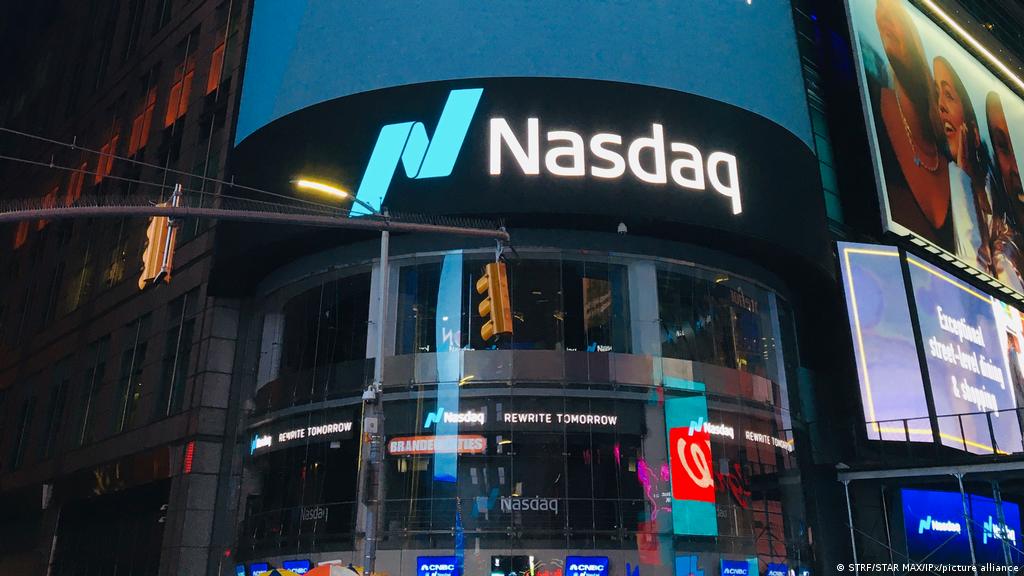
16 Mar Time for Nasdaq and NYSE to List US Cannabis Companies
Yesterday a major special purpose acquisition company (SPAC) merger announcement made some exciting news in cannabis. The Nasdaq-listed SPAC agreed to merge with four different US cannabis companies that are growing, processing and selling state-legal cannabis, with an over $200 million value. But the SPAC will have to delist from the Nasdaq upon closing and trade in the over-the-counter (OTC) markets. They must take this action because the major US national exchanges, the Nasdaq and New York Stock Exchange, still refuse to allow strong and growing American cannabis companies that “touch the plant” to have their stock listed. Frankly it’s a shame that this is continuing and your humble blogger believes it is time for that to change. Here are the main arguments I hear from them and, frankly, why they don’t make sense:
- “Cannabis is federally illegal.” Maybe so. But the SEC allows these companies to go public with appropriate risk factors. FINRA allows their stock to trade. OTC Markets has no issue allowing the stocks to trade on their platforms. Each of you has listed stocks of “ancillary” businesses providing software, vaporizers and real estate to these companies, arguably aiding and abetting that federal crime. And you list CBD companies, some of whose products remain prohibited by the FDA. How exactly is this different?
- “We could be hit with money laundering charges.” As we know, there is a federal statute, renewed every year in the federal budget, which forbids the use of federal enforcement dollars against state-legal medical cannabis. In addition, the feds have taken a very low priority approach to enforcement of state-legal adult use since the famed Cole Memo was issued in 2014, and that includes during the Trump Administration. And even in the worst of enforcement times, in the Bush and early Obama Administrations, hundreds of state-legal operations were shut down, but zero cases were brought against any third parties such as lenders, investors, lawyers, banks, or stock exchanges or trading platforms for working with these companies. So what is this risk of which you speak?
- “Our reputation could be impacted.” Reputation with whom? In every public survey in the last 3-5 years, 90% of Americans support legalizing medical cannabis and nearly 70%, including a majority of Republicans polled, support legalizing adult use. You are willing to list stocks from other controversial industries such as casino gambling and strip clubs. Also, those who would smite you for this presumably would feel the same about your listing ancillary businesses that help the growers and sellers. And if that’s your real concern why list Canadian plant-touching companies, which you have happily done? Why continue to list GW Pharma which developed a cannabis-based federally legal drug? Why continue to list ScotsMiracle-Gro which is supplying products to the industry, or Microsoft which partnered with a company providing software to states to manage their cannabis regulation?
Here is why it could be critical for these exciting growth companies to list their stock on an exchange:
- More analyst coverage of the stocks, leading to more attention and hopefully more trading volume.
- More access to institutional investors, many of whom are prohibited from investing in over-the-counter stocks.
- More protection for investors in these companies due to the stronger governance and listing requirements of the exchanges.
- An end at last to the migration of US plant touching companies to reorganize in Canada solely so that they can list on an exchange up there.
- More potential global mergers and acquisitions, in particular with large Canadian companies, who are waiting for the exchanges to approve listings before moving into the States.
I love my good friends at the OTC Markets, led by the amazing Cromwell Coulson. But even Cromwell understands the importance of OTC companies “graduating” to exchange listings, and they even enjoy bragging about how many companies do so each year. So this is not about OTC. The timing of federal legalization, which presumably would trigger the exchanges’ willingness to list, is uncertain at best. So to my good friends at the US exchanges, it’s time. As you see there really is no reason, other than decades-old, long since debunked stereotypes, misinformation and fear-mongering, to explain your continued reticence to earn lucrative listing fees and benefit investors.


No Comments